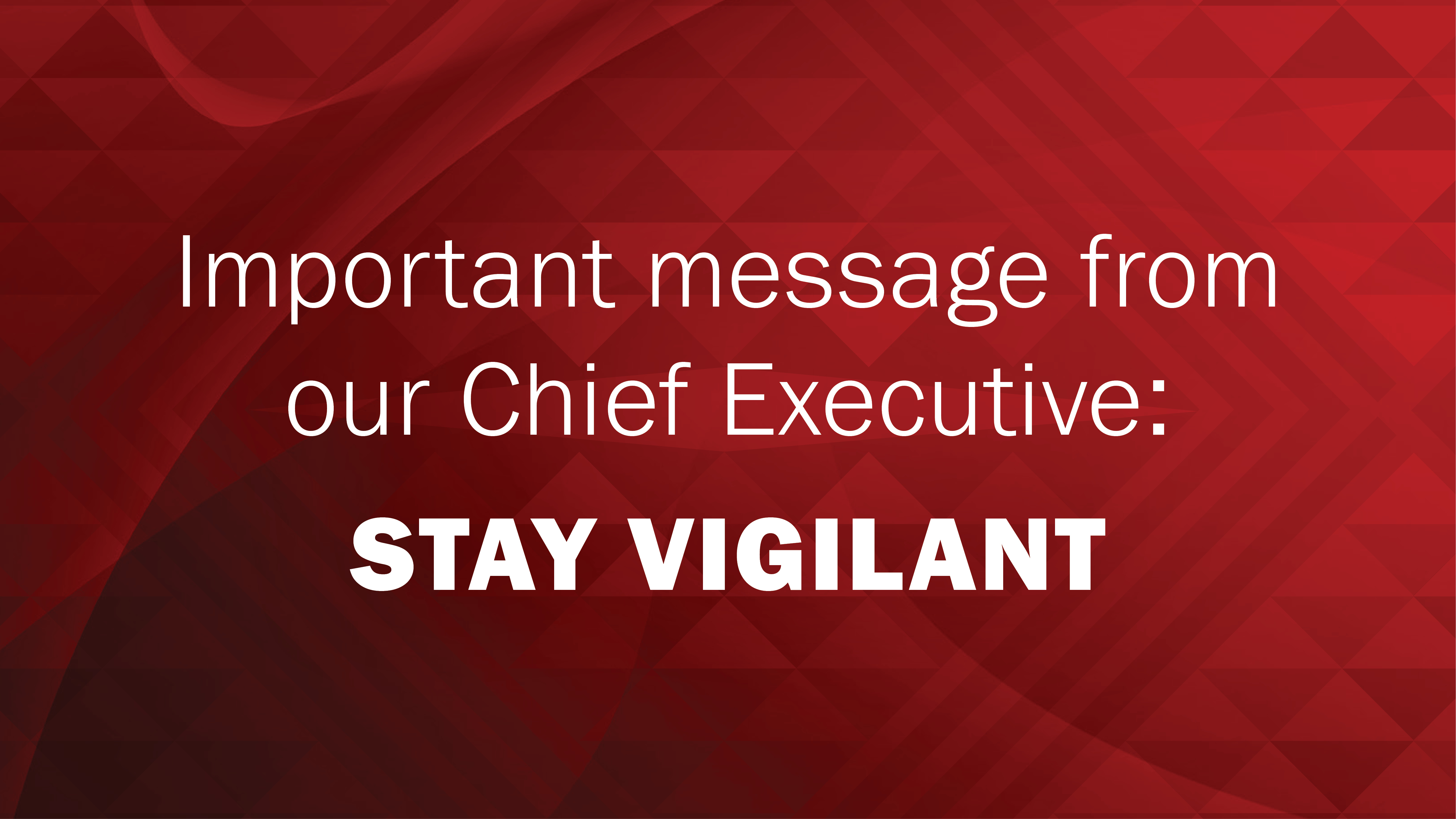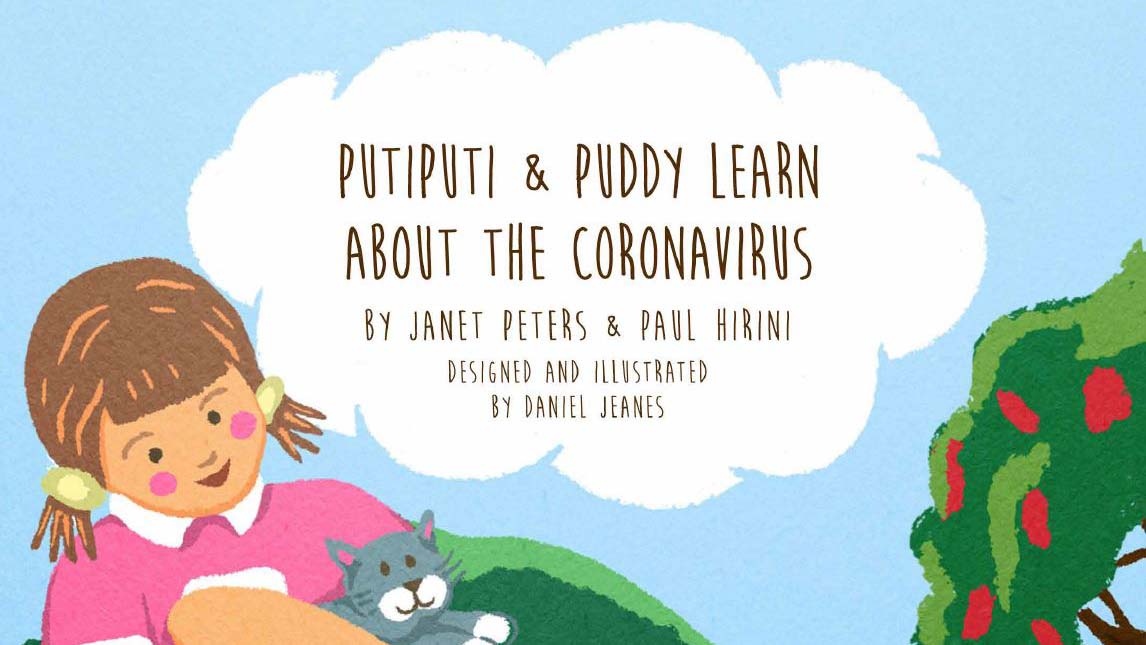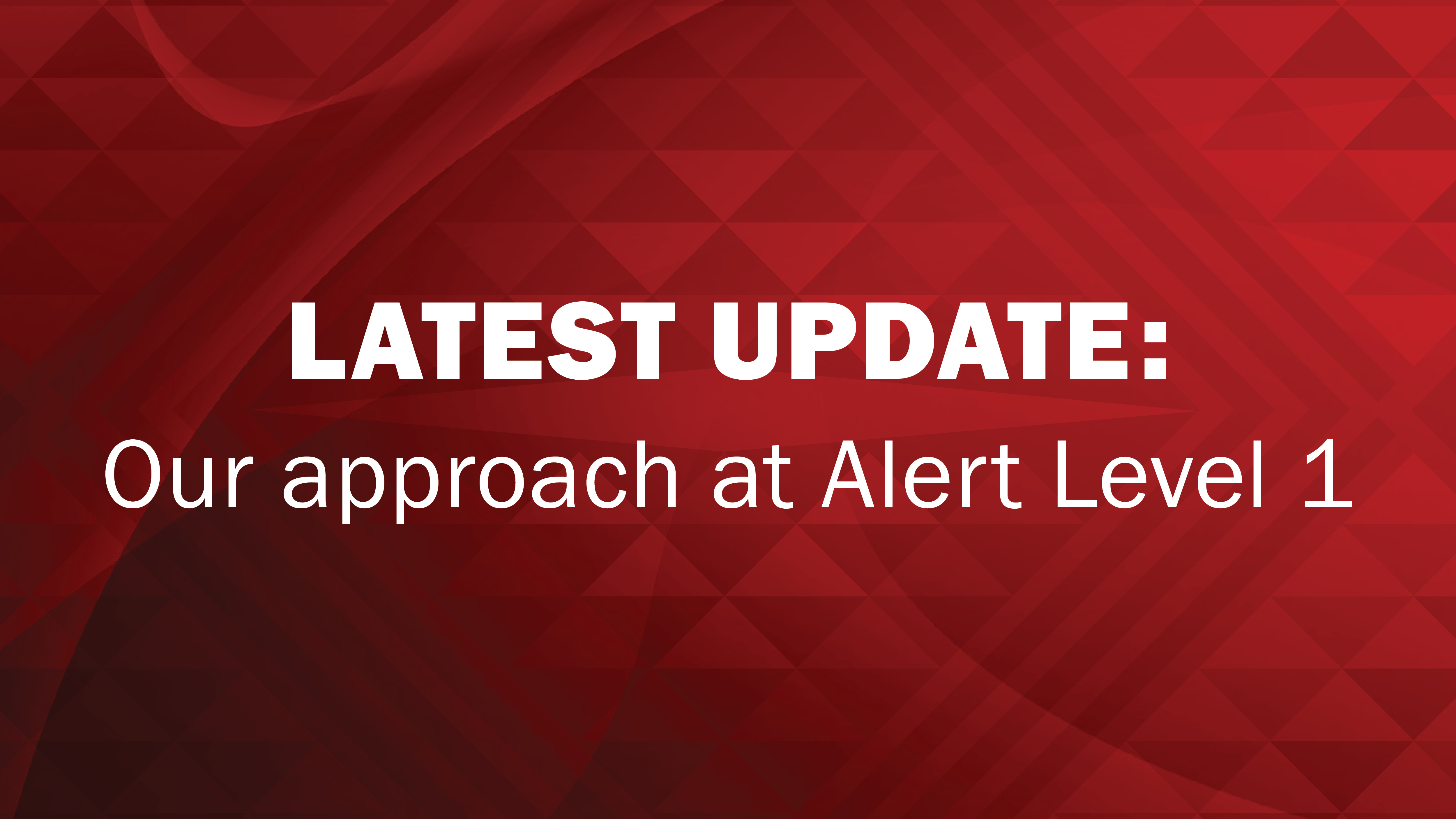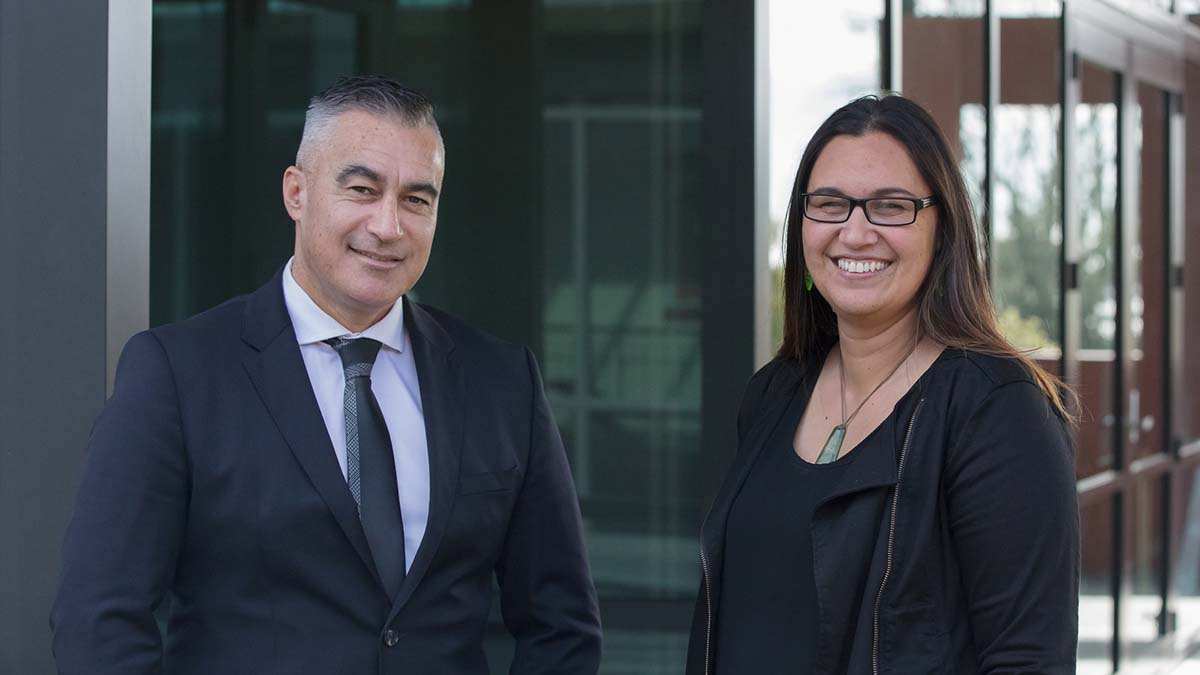Awanuiārangi learning programmes target COVID-19 recovery
New training and education opportunities for Māori and indigenous communities will help drive New Zealand’s recovery from COVID-19.
Indigenous tertiary provider Te Whare Wānanga o Awanuiārangi is focusing on quality teaching and learning opportunities that target areas of high need across Aotearoa in the wake of the pandemic.
Community food production, land-based enterprise such as native plant nurseries, paramedicine, nursing, mental health and addiction and midwifery programmes are among initiatives expected to support resilience in times of crisis, help people into jobs, contribute to economic recovery, and address challenges for Māori and indigenous communities.
Executive Director (Academic) Associate Professor Vaughan Bidois says programme developments such as post-graduate diploma in mental health and addictions are responding to need identified by the community.
“Our post-pandemic response includes a focus on the challenges our communities disproportionately face, and the human cost of the pandemic, including job loss, loss of income and loss of purpose or direction,” Associate Professor Bidois said.
Upskilling, earning a qualification or re-training for new employment would be essential for many. Some learning opportunities would provide whānau with ways to live sustainably from the land and contribute to community wellbeing.
“Our Kai Oranga programmes work to equip whānau with the skills and knowledge to produce food and establish food sovereignty through māra kai and community gardens. We also have a native plants nursery programme in the early stages of development, aimed at creating jobs and regional economic recovery and development.
“Te Whare Wānanga o Awanuiārangi is identifying opportunities in partnership with other organisations to serve post-COVID needs and grow employment by drawing on our unique strengths, expertise and connections,” Associate Professor Bidois said.
COVID-19 has presented a unique opportunity to assess and respond to gaps in health response capacity and capability, and in other areas including economic resilience and addressing the challenges of vulnerable communities.
“Facing the impact of COVID-19 will present enormous challenges for the communities we serve, but there have also been positives. It is definitely making us as Te Whare Wānanga o Awanuiārangi ask some questions around doing things differently. As an Indigenous institution, it is important that we are reflexive about our own practice and position, and about how we are responding to the needs of our community,” Associate Professor Bidois said.
“If you look historically at any real change in society, it’s always come about through some sort of struggle, and through disrupting the status quo in productive ways. Education is a site of struggle – that’s why the Te Whare Wānanga o Awanuiārangi is here. We are listening to our communities and working with the government and external agencies to give clear focus to transformative approaches.
“All of our programmes – from humanities, to education, to nursing, to iwi development – are designed with the goal of making a difference ... reclaiming identity, language and indigenous sovereignty that students can take into the communities they serve, and make positive change.”
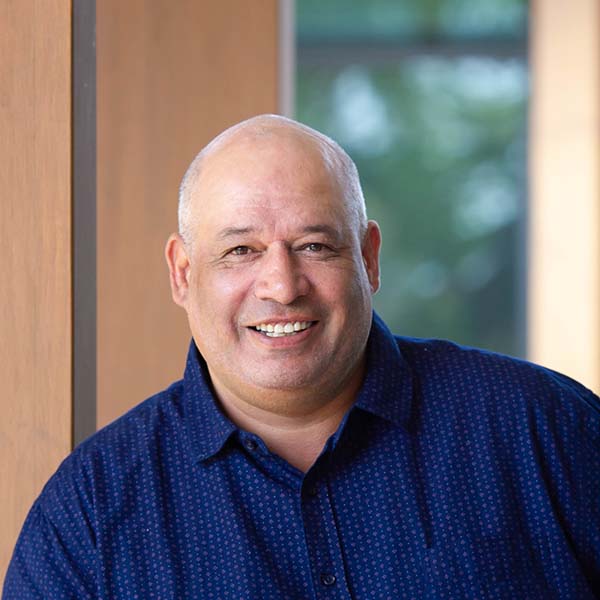
Associate Professor Vaughan Bidois is the Executive Director - Academic of Te Whare Wānanga o Awanuiārangi.
Whakapā mai/Contact us
Carey Tuhaka
- Phone: 0508 92 62 64 ext 7609 or 027 437 9673
- Email: carey.tuhaka@wananga.ac.nz
